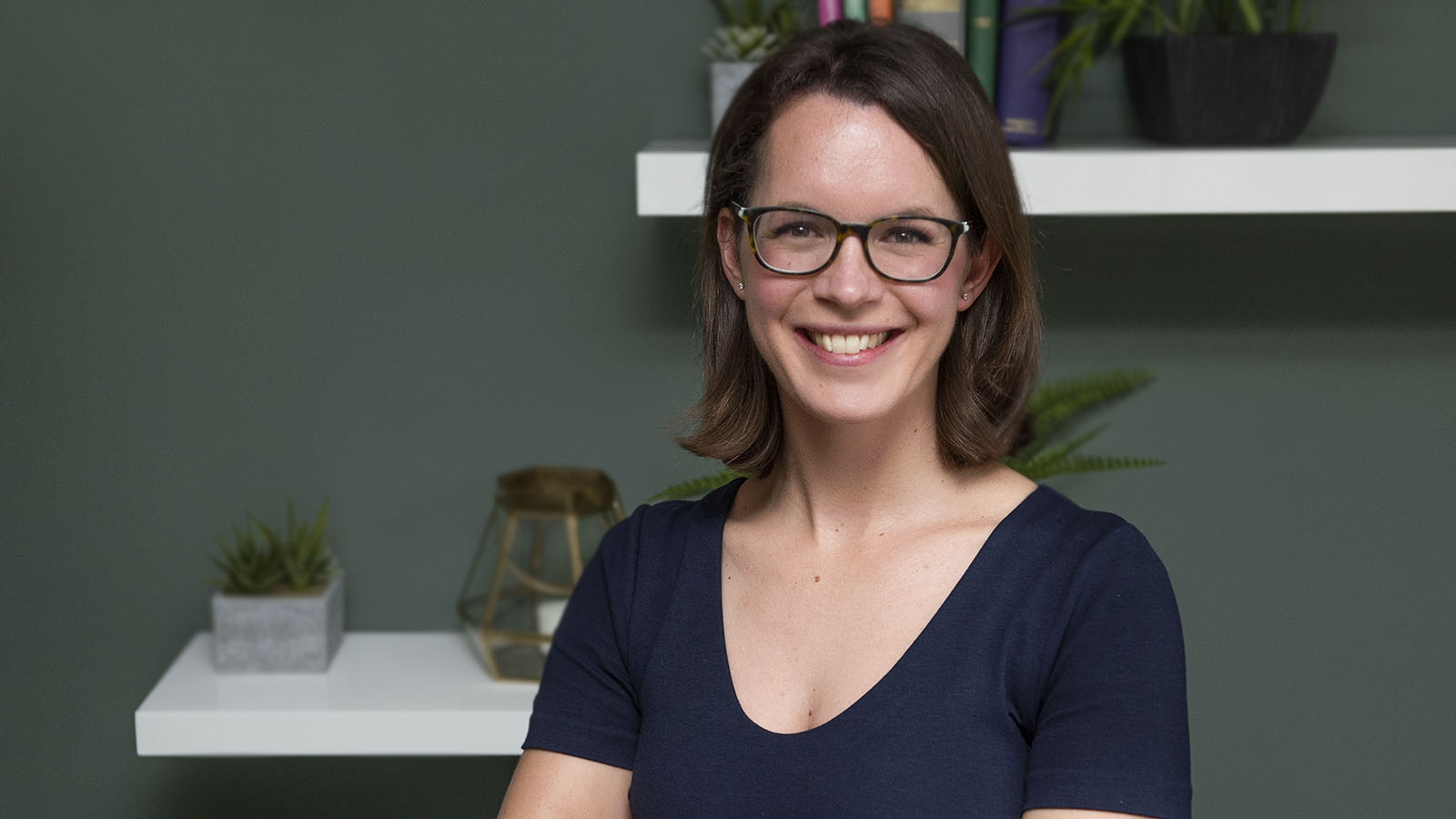Divorce or separation can be one of the most difficult events in a person’s life. If you have children and are splitting from your partner, it can be even harder and more painful. As well as coping with the emotional rollercoaster following the breakdown of your own relationship, you need to deal with the impact on your children. Children will react in different ways. They will have questions, which you may not know the answers to or feel unsure about how to answer them age appropriately.
On top there will be a multitude of issues and logistics that need to be agreed upon. How will the children’s time be divided? Who will hold their passports? How will issues concerning the children be raised, discussed and resolved? How and when will the children spend time with extended family? The list is endless.
The way in which you deal with the immediate consequences following a breakdown in your relationship is so important, not just for your children, but also for you. Being able to communicate effectively, to be patient with one another and work together to agree upon each issue will create a good foundation for co-parenting successfully as your children grow up.
I am passionate about helping clients resolve family issues in constructive and non-confrontational ways wherever possible, always keeping in mind that a client with children will have to maintain a relationship with their ex-partner or ex-spouse long after my involvement ends. As a member of the Resolution Children Committee, I work with other family lawyers to encourage this way of working and promote the best interests of children wherever possible.
Another Resolution committee, Parenting after Parting, has recently published ‘Parenting through separation‘ which is a guide packed with helpful advice and tips for separating parents. In my experience, one of the hardest questions to navigate is ‘how important is the voice of the child?’. When is it appropriate to bring your child’s wishes and feelings into your decision making and when do you need to make decisions as their parents? Quoting from the guide, ‘it’s certainly not ok to include [your children] or exclude them all the time as this can make them feel overly responsible or left out’. One suggested approach is to agree on categories of decisions in which your children should and should not have input.
It is also worth remembering that parenting through separation is not an isolated event. It is a journey involving many ups and downs. It will take lots of work and patience but over time it will hopefully get easier as you develop more effective ways co-parenting.
For more information or advice on parenting through separation please contact Helen Clyne, family lawyer at Debenhams Ottaway.
The contents of this article are intended for general information purposes only and shall not be deemed to be, or constitute legal advice. We cannot accept responsibility for any loss as a result of acts or omissions taken in respect of this article.

